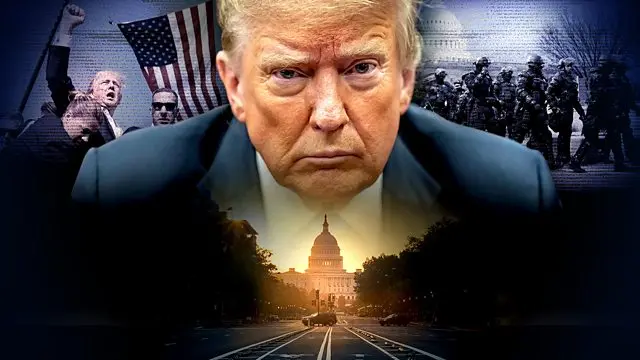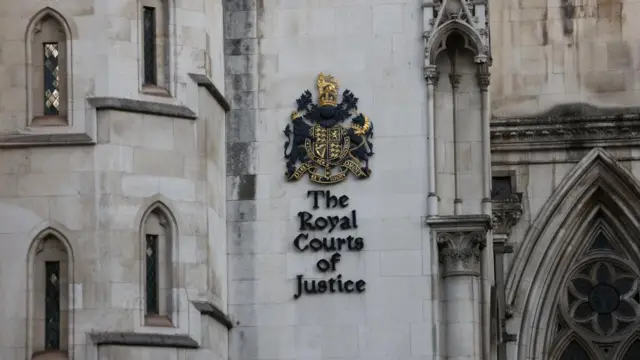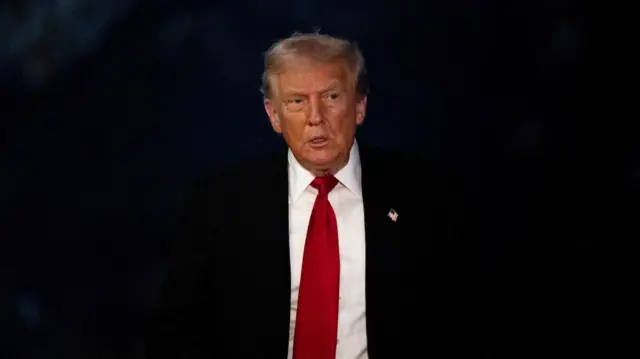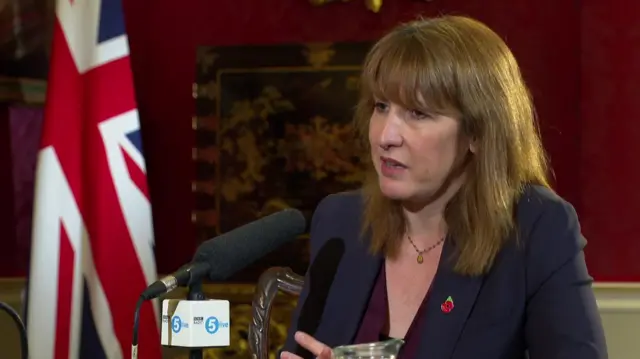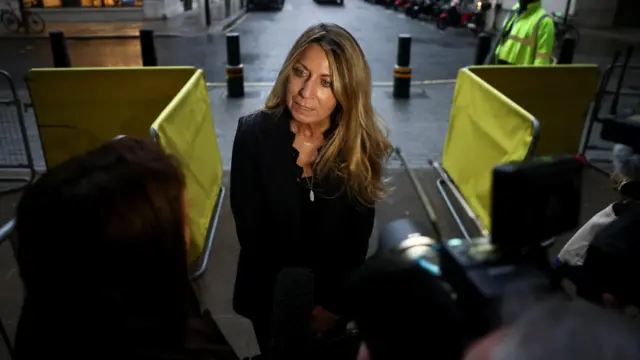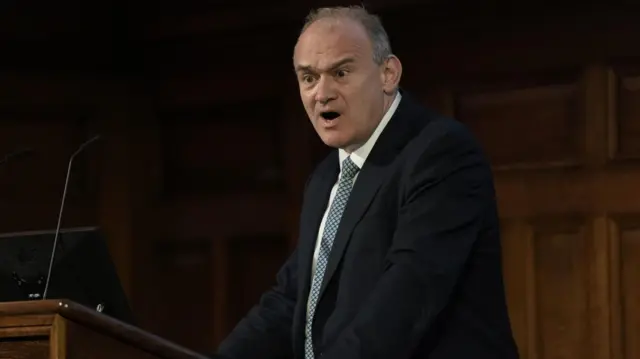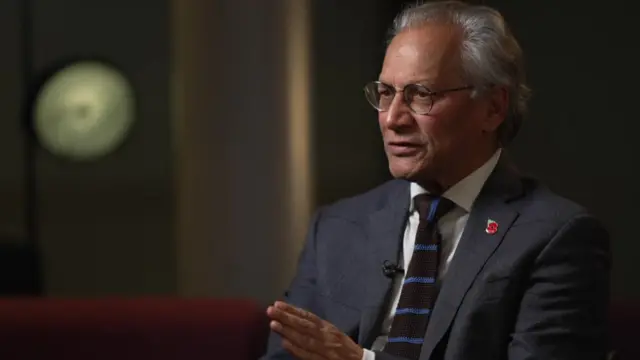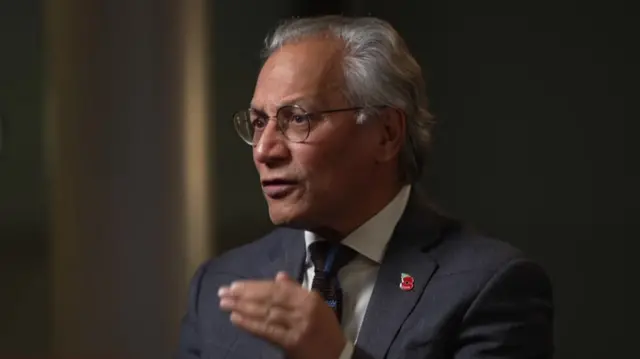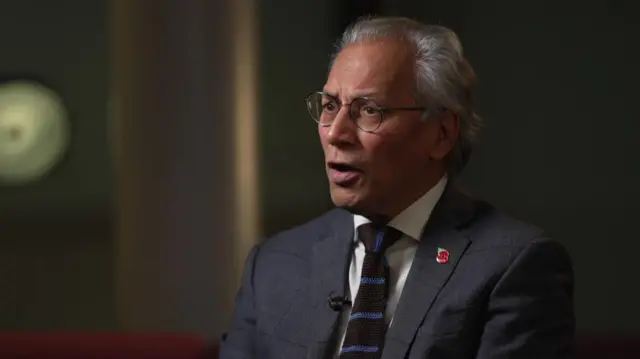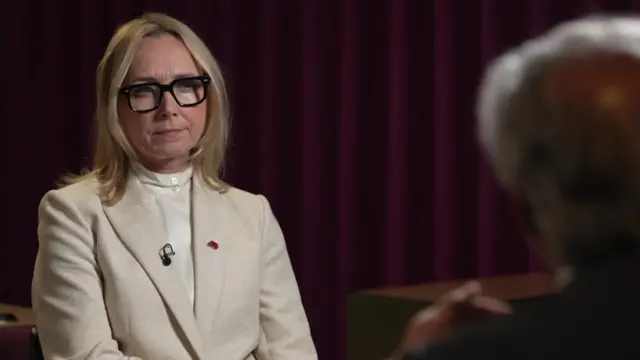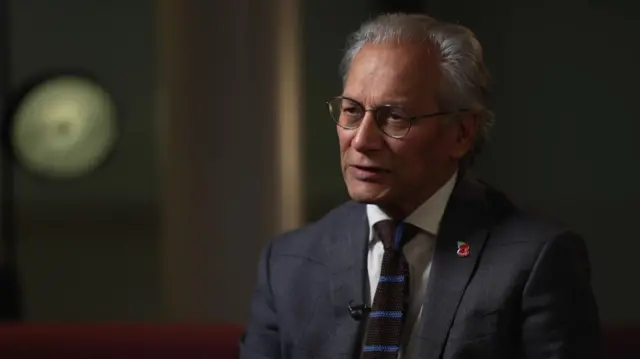Swinney calls for former Tory adviser to resign from BBC boardpublished at 16:11 GMT 10 November
 Lynsey Bews
Lynsey Bews
BBC Scotland political correspondent
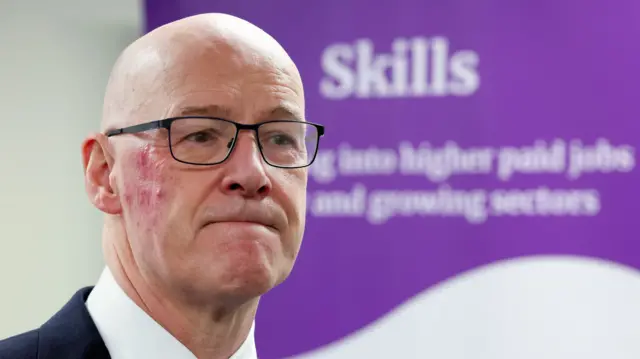 Image source, PA
Image source, PAScotland's first minister says the former Conservative adviser Robbie Gibb should quit the board of the BBC, amid questions about the corporation's impartiality.
Gibb served as director of communications for Theresa May when she was in Downing Street before his appointment to the broadcaster's board.
John Swinney says a former political figure such as Gibb undermines the broadcaster's authority and impartiality, at a time when the latter is an "active point of debate".
The first minister stops short of stating he believes the BBC to be "institutionally biased", but he says there have been occasions when he has questioned its impartiality.
He says: "If the BBC wants to be viewed as an impartial organisation that's authoritative, that reflects the independence of commentary, then I think Robbie Gibb's position is untenable."
Robbie Gibb has been approached for comment.
